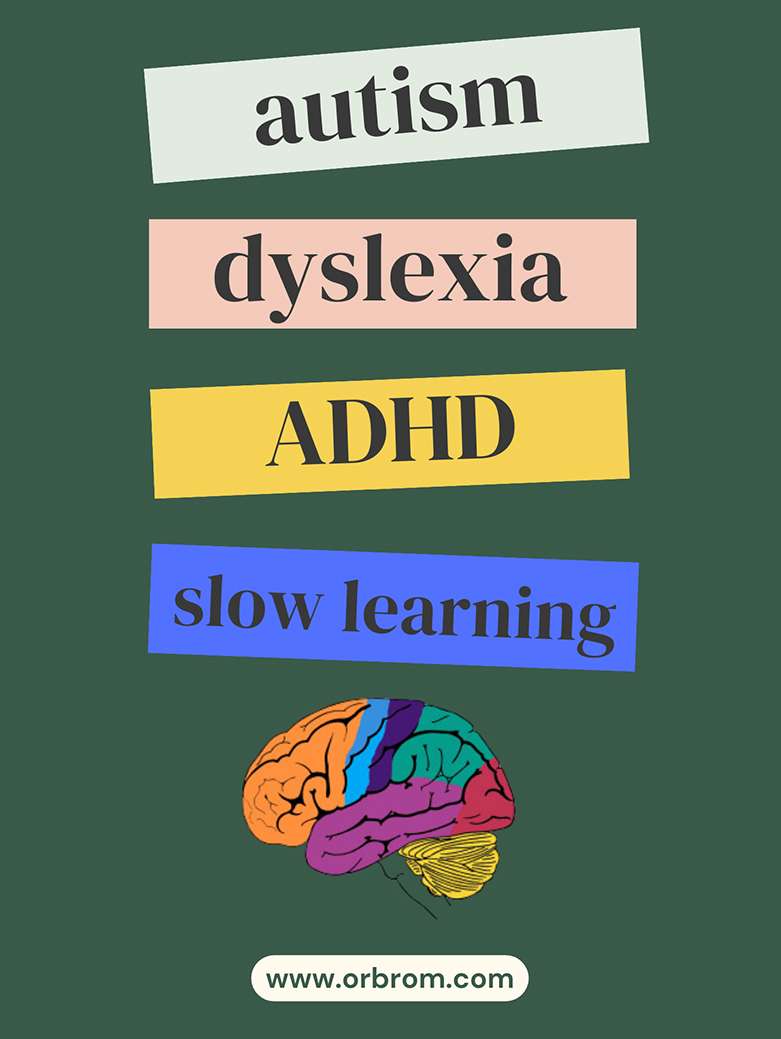As a parent, you know your child best. You know their quirks, their habits, and their personality. But sometimes, it can be difficult to tell if your child is developing normally. There is a wide range of what is considered normal development, so it’s important to talk to your child’s doctor if you have any concerns.
Here are some red flags to watch for, grouped by age:
Birth to 3 months
- Does not make eye contact
- Does not follow objects with their eyes
- Does not respond to loud sounds
- Does not smile or vocalize
- Does not move their arms and legs symmetrically
- Does not hold their head up when on their tummy
4 to 6 months
- Does not roll over
- Does not reach for objects
- Does not babble
- Does not sit with support
- Does not transfer objects from one hand to the other
7 to 12 months
- Does not crawl
- Does not stand with support
- Does not babble
- Does not wave goodbye
- Does not understand simple words like “no” and “bye-bye”
13 to 18 months
- Does not walk
- Does not use single words
- Does not understand simple commands
- Does not play pretend
- Does not show interest in other children
19 to 24 months
- Does not use two-word phrases
- Does not follow two-step instructions
- Does not point to objects
- Does not imitate gestures and words
- Does not have a favorite toy or blanket
25 to 36 months
- Does not use three-word phrases
- Does not ask questions
- Does not follow three-step instructions
- Does not play pretend with other children
- Does not identify themselves by name
3 to 5 years
- Does not have a vocabulary of at least 150 words
- Does not use complete sentences
- Does not have a conversation
- Does not count to 10
- Does not dress themselves
- Does not have control over their bladder and bowels
5 to 7 years
- Does not ride a tricycle
- Does not hop on one foot
- Does not catch a ball
- Does not write their name
- Does not read simple words
- Does not follow social rules
If you notice any of these red flags, talk to your child’s doctor. They can assess your child’s development and make sure there are no underlying medical conditions. Early intervention can make a big difference in a child’s development.
Here are some tips for talking to your child’s doctor about your concerns:
- Be specific about what you’re concerned about. For example, instead of saying “I think my child is delayed,” say “My child is 18 months old and doesn’t say any words.”
- Be prepared to answer questions about your child’s development. For example, your doctor may ask you about your child’s play skills, communication skills, and social skills.
- Be honest about your concerns. It’s important to be open with your doctor so they can get the best understanding of your child’s situation.
Remember, you’re not alone. Many parents have concerns about their child’s development. Contact OrbRom Center Today!
If you are concerned about your child’s development, please contact us for an assessment. Find out if your child needs extra support.
Services for Autism, ADHD, Dyslexia, Spelling Difficulty, social and slow learning, Down Syndrome, and Selective Mutism. OrbRom is the best option in Phnom Penh.
If you are concerned about your child’s development, Contact OrbRom Center for Assessments.
Phone/Telegram: 077.455.993
Telegram Link: https://t.me/OrbRom







